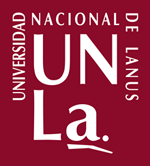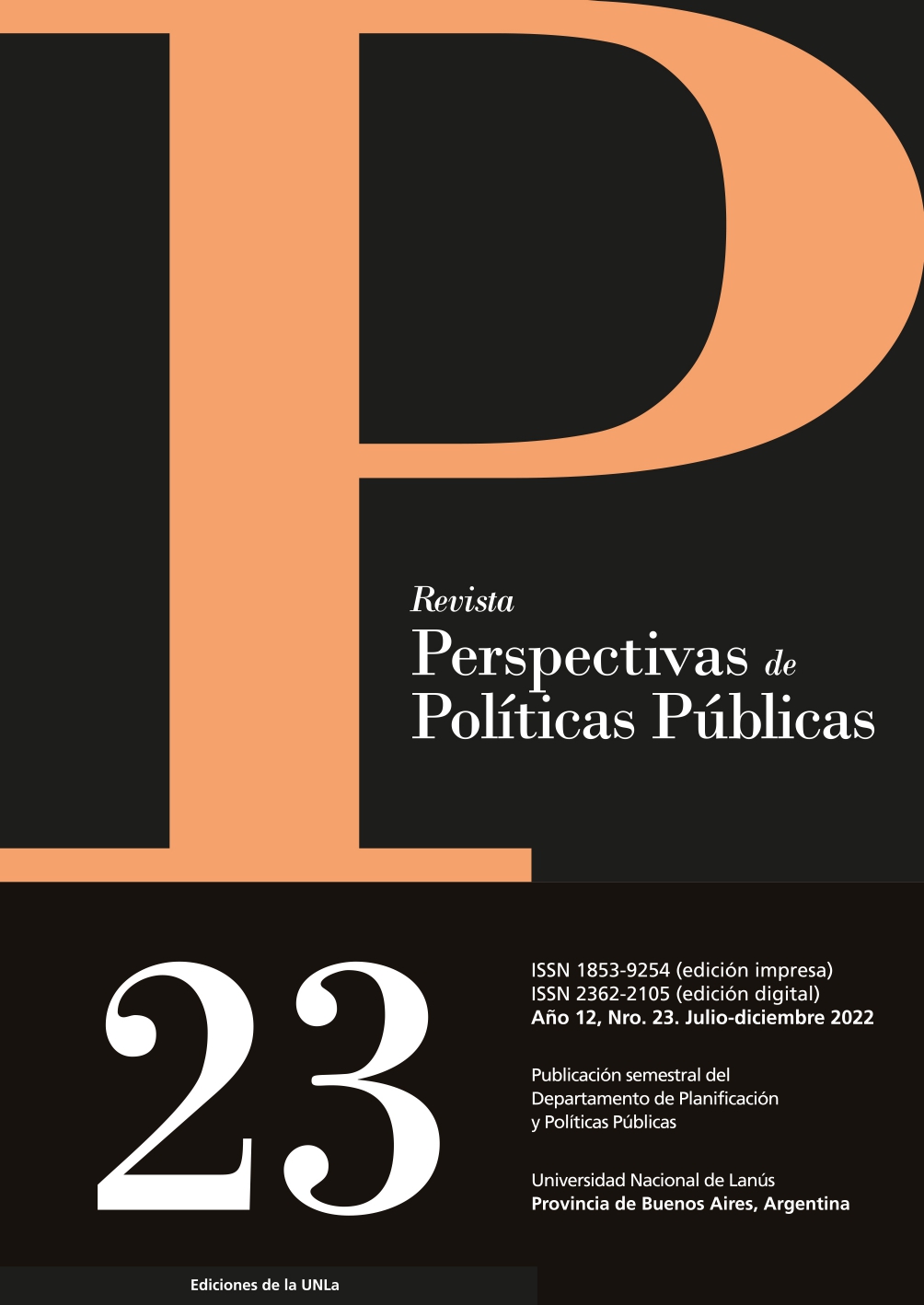Public policies for forestry promotion: a case study on the Jujuy Province (Argentina)
Abstract
The aim of this study is the identification, description, and analysis of the main components of the eastern and southeastern forest industrial chains of Jujuy province and their area of influence (Salta), and its relationship with specific policies of promotion and intervention of the national State in the different links of the productive chain. The production chain approach was used, using primary information gathered through semi-structured interviews to qualified informants working in the region, complemented with secondary information. The evolution of forest chains was reconstructed and described since the beginning of the twentieth century, through the analytical lens of the “Techno Nationalist” and “Import Substitution Industrialization” policy models. It is concluded that as long as state intervention in the promotion of the primary sector and in industrial activity was maintained through the decades, the forestry sector of Jujuy developed and expanded, although not enabling the growth of a value chain with sufficient cooperation between actors, while the state withdrawal as a relevant actor led to its regression, the decrease of the systemic competitiveness and the exhaustion of the woody resource, as an consequence of the interruption or absence of the previously developed strategic planning.






